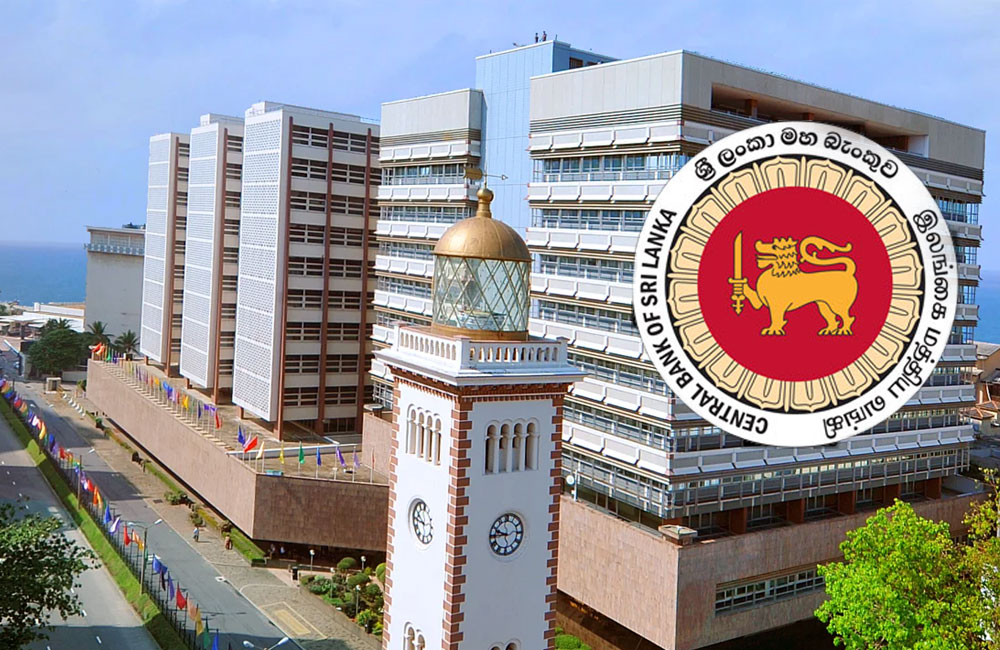Sri Lanka’s non-banking financial industry is bracing for one of the most sweeping regulatory overhauls in more than a decade as the Central Bank pushes forward with major amendments to the Finance Business Act (FBA) No. 42 of 2011.
The proposed reforms now open for public comments until 30 November 2025—aim to correct long-standing weaknesses in oversight, prevent institutional failures, and restore public trust in a sector damaged by repeated collapses.
The current FBA, introduced in 2011 as the main legal framework governing finance companies and deposit-taking institutions, has struggled to keep pace with an expanding and increasingly complex financial market. High-profile failures such as
The Finance Company and Bimputh Finance exposed deep cracks in governance, risk management, and supervisory enforcement. These failures eroded depositor confidence and highlighted the urgent need for stronger regulation.
The Central Bank says the proposed amendments are designed to modernise the law, strengthen supervisory powers, and align the sector with global standards.
Among the most significant changes are expanded investigative powers that will allow rapid action against unauthorised deposit-taking and illegal financial operations. Regulators will also be armed with new early-intervention tools to restructure, merge, or wind up failing institutions before they become systemically dangerous.
Governance is another central focus. The amendments propose stricter “fit and proper” requirements for directors and major shareholders, ensuring that only qualified and reputable individuals can oversee licensed institutions. Higher capital adequacy requirements, enhanced financial disclosures, and tighter advertising rules are also part of the package measures aimed at curbing misleading deposit campaigns and strengthening market discipline.
While the reforms are widely acknowledged as overdue, they have triggered significant concern among industry stakeholders, particularly smaller finance companies. CEOs warn that steeper compliance costs, higher capital thresholds, and tighter controls could force consolidation or drive weaker firms out of business.
Such an outcome, they argue, risks limiting access to credit for small and medium-scale enterprises (SMEs), which remain vital to economic recovery.
The Finance Houses Association of Sri Lanka has requested more time to review the proposals, emphasising the need for careful scrutiny to avoid destabilising the sector. Independent financial analysts echo this caution, pointing to the risk of over-regulation.
According to analyst Anuruddha Jayawardena, regulators face a delicate balancing act: “Strict oversight is essential to rebuild trust, but excessive rigidity could choke off legitimate credit flows, especially in under-banked rural areas.”
Despite concerns, many experts agree that if implemented sensibly—with phased timelines and clear transitional guidelines the amendments could strengthen investor confidence, attract foreign capital, and significantly reduce systemic risk in the non-banking financial sector.
The Central Bank’s decision to invite public feedback is widely seen as an important step toward a more transparent and participatory reform process. As Sri Lanka works to stabilise its economy, the fate of the new Finance Act will play a decisive role in shaping the resilience and credibility of the financial system for years to come.

Leave your comments
Login to post a comment
Post comment as a guest